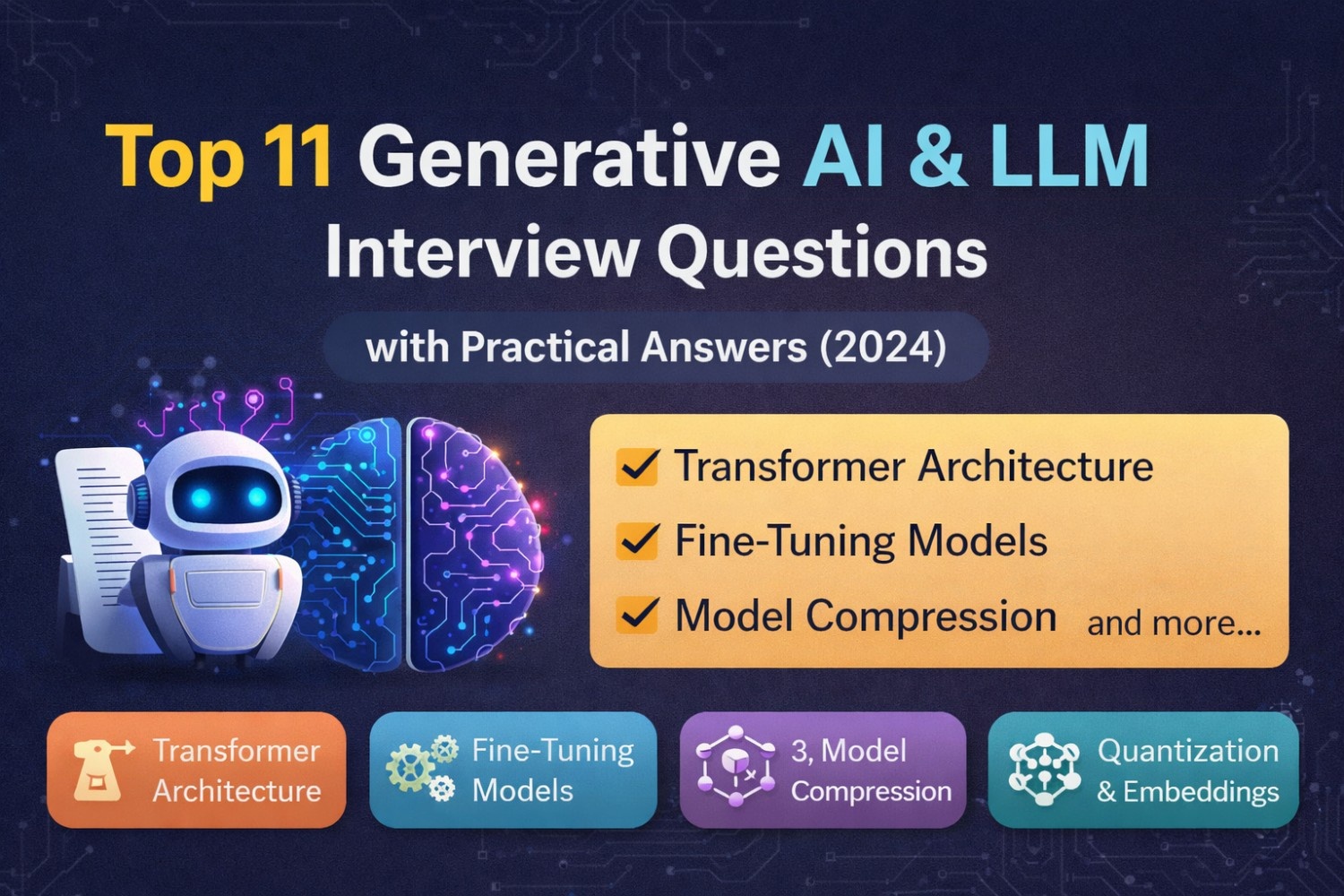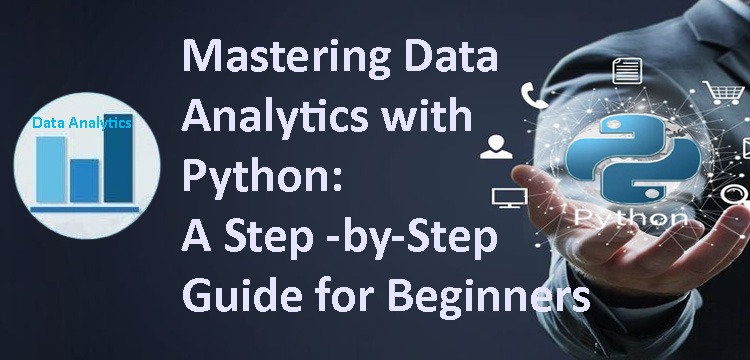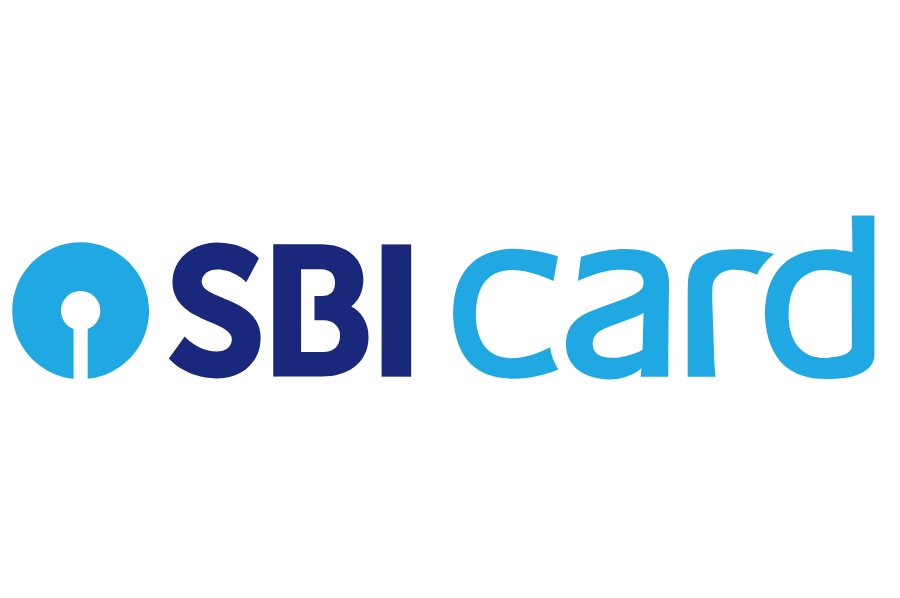10 Common Mistakes Beginners Make in Python (And How to Avoid Them)
Python is often praised for its simplicity and readability, making it a top choice for beginners entering the world of programming. However, like any language, Python has its quirks — and new learners frequently fall into the same traps. In this blog post, we'll explore 10 of the most common mistakes Python beginners make, along with tips on how to avoid them.
1. Using the Wrong Indentation
Problem: Python uses indentation to define blocks of code. Mixing tabs and spaces or using inconsistent indentation levels causes errors.
Example:
python
CopyEdit
def greet():
print("Hello")
print("World") # IndentationError
Tip: Stick to either spaces or tabs (PEP8 recommends 4 spaces). Use an editor that highlights indentation errors.
2. Misunderstanding Mutable Default Arguments
Problem: Using a mutable object (like a list or dictionary) as a default argument can lead to unexpected behavior.
Example:
python
CopyEdit
def add_item(item, items=[]):
items.append(item)
return items
Calling add_item("apple") multiple times keeps adding to the same list.
Tip: Use None as the default and initialize inside the function:
python
CopyEdit
def add_item(item, items=None):
if items is None:
items = []
items.append(item)
return items
3. Using = Instead of == in Conditions
Problem: Accidentally using = (assignment) instead of == (comparison) in if statements causes syntax errors.
Example:
python
CopyEdit
if x = 5: # SyntaxError
print("x is 5")
Tip: Remember = is for assignment; == is for comparison.
4. Not Using Pythonic Idioms
Problem: Writing code in a non-Pythonic way makes it harder to read and maintain.
Unpythonic:
python
CopyEdit
if len(my_list) > 0:
print("List is not empty")
Pythonic:
python
CopyEdit
if my_list:
print("List is not empty")
Tip: Learn and apply common Python idioms to write cleaner code.
5. Misusing is vs. ==
Problem: Using is instead of == for value comparison can lead to logic errors.
Example:
python
CopyEdit
a = [1, 2, 3]
b = [1, 2, 3]
print(a is b) # False
print(a == b) # True
Tip: Use == to compare values, is to check identity (same object in memory).
6. Overcomplicating Simple Tasks
Problem: Beginners often use loops or manual checks when built-in functions do the job better.
Example:
python
CopyEdit
total = 0
for num in [1, 2, 3]:
total += num
Better:
python
CopyEdit
total = sum([1, 2, 3])
Tip: Get familiar with Python's standard library and built-in functions.
7. Ignoring Exceptions
Problem: Beginners may write code that crashes when errors occur without handling exceptions.
Example:
python
CopyEdit
num = int(input("Enter a number: ")) # crashes on non-integer input
Tip: Use try/except blocks to handle potential errors gracefully.
8. Not Understanding Variable Scope
Problem: Modifying global variables inside functions without declaring them can cause errors.
Example:
python
CopyEdit
count = 0
def increment():
count += 1 # UnboundLocalError
Tip: Use global count or better yet, avoid global variables when possible.
9. Misusing Loops with range()
Problem: Off-by-one errors are common with range().
Example:
python
CopyEdit
for i in range(1, 10):
print(i) # Prints 1 to 9, not 10
Tip: Remember range(start, stop) goes up to but does not include stop.
10. Not Reading Error Messages
Problem: New learners often get overwhelmed by traceback messages and ignore them.
Tip: Python’s error messages are usually descriptive. Read from the bottom up and use the line number and error type as a clue.
Final Thoughts
Mistakes are part of the learning process, and every Python developer has made most of these errors at some point. The key is to learn from them and keep improving. Write us at info@wifilearning.com if you have any doubt
Happy coding! ????








































































